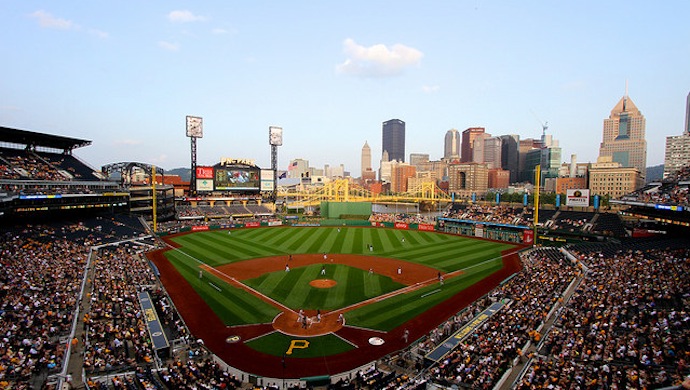Las Vegas, NV, soon may score a Major League Soccer franchise, which would be its first major-league sports team.
Vegas isn’t the only big metro area that’s sitting on the major-league sidelines, though. Sin City is one of 11 U.S. metro areas with at least 1 million residents but without at least one major-league sports team (National Football League, Major League Baseball, National Basketball Association, National Hockey League, Major League Soccer).
According to a report from the Federal Reserve Bank of Kansas City, the number of U.S. metro areas large enough to host a major-league sports franchise has soared in recent decades. Even as the major sports leagues have added teams, demand has outstripped supply. “As a result, metro areas have been forced to compete with each other to retain and attract franchises,” the report says.
Here are the 11 metro areas that might wind up competing against each other for major-league sports franchises.
1. Riverside-San Bernardino-Ontario, CA
 Metro area population: 4,380,878
Metro area population: 4,380,878
Metro area population rank: 13
2. Las Vegas, NV
 Metro area population: 2,027,868
Metro area population: 2,027,868
Metro area population rank: 31
3. Austin, TX
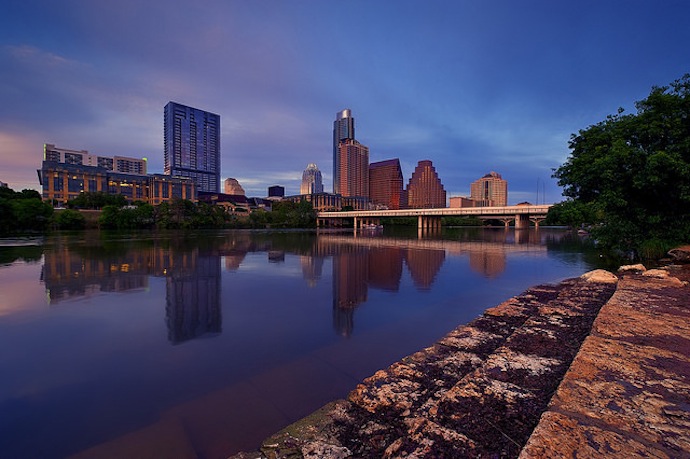
Metro area population: 1,883,051
Metro area population rank: 35
4. Virginia Beach-Norfolk-Newport News, VA
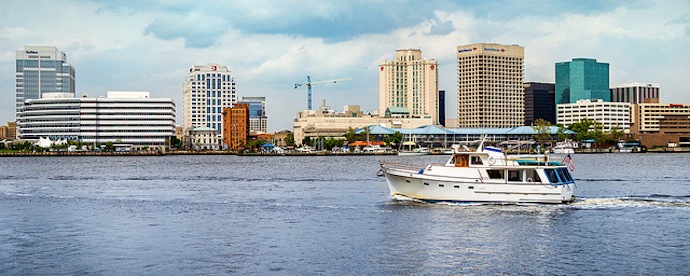 Metro area population: 1,707,369
Metro area population: 1,707,369
Metro area population rank: 37
5. Providence, RI
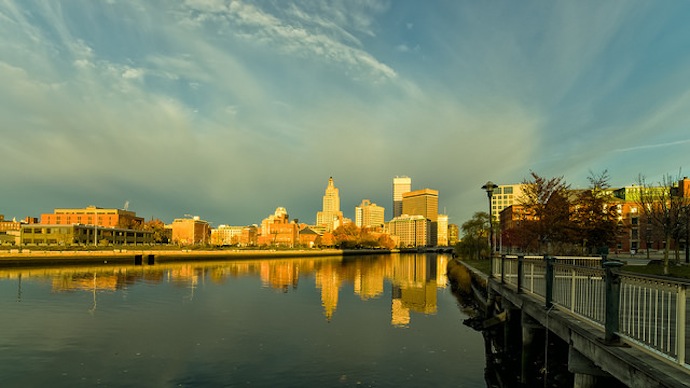
Metro area population: 1,604,291
Metro area population rank: 38
6. Louisville, KY
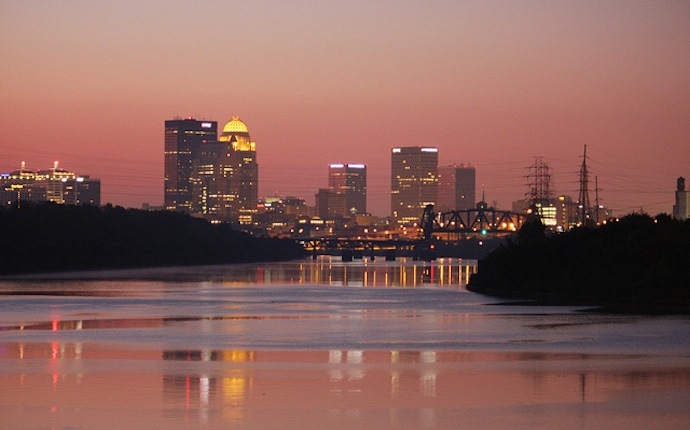
Metro area population: 1,262,261
Metro area population rank: 43
7. Richmond, VA
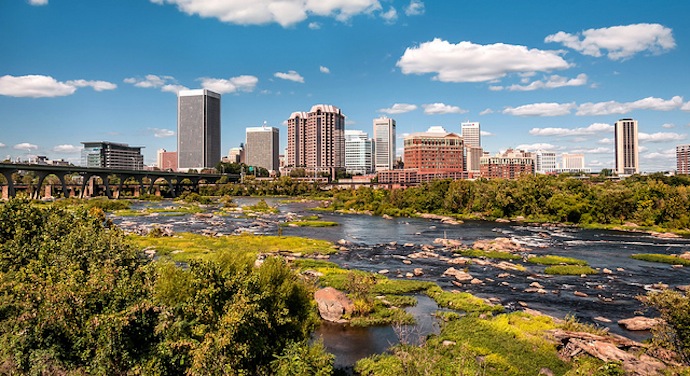 Metro area population: 1,245,764
Metro area population: 1,245,764
Metro area population rank: 44
8. Hartford, CT
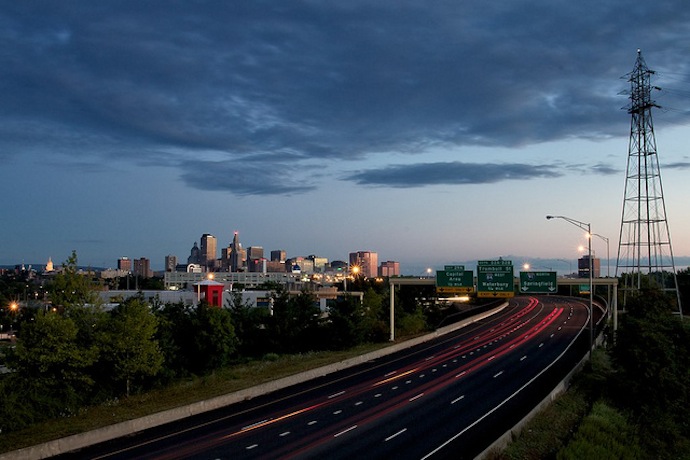 Metro area population: 1,215,211
Metro area population: 1,215,211
Metro area population rank: 46
9. Birmingham, AL
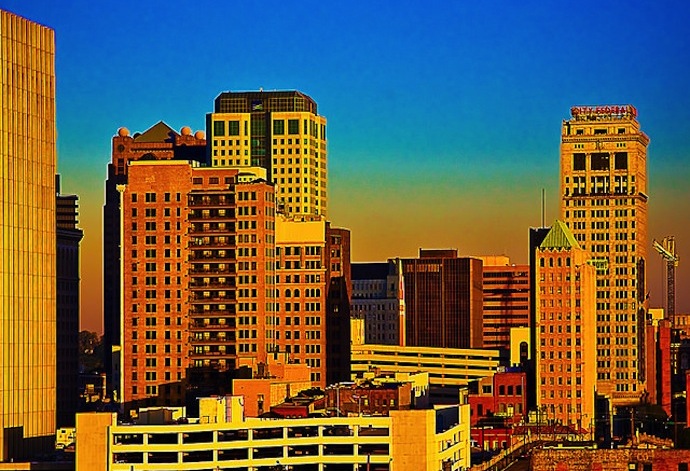 Metro area population: 1,140,300
Metro area population: 1,140,300
Metro area population rank: 49
10. Rochester, NY
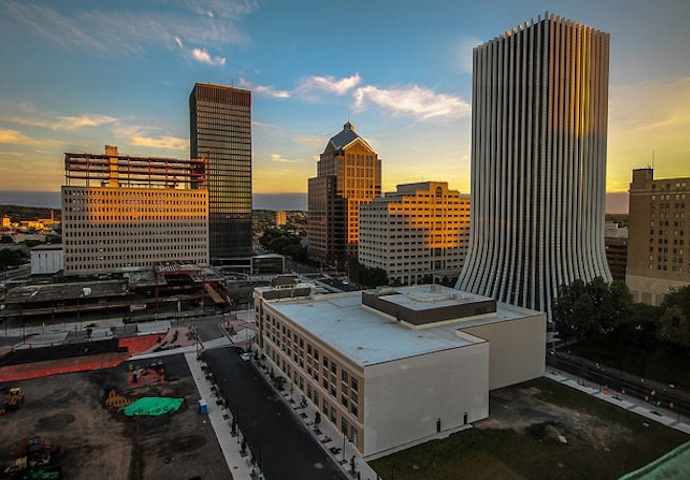 Metro area population: 1,083,278
Metro area population: 1,083,278
Metro area population rank: 51
11. Grand Rapids, MI
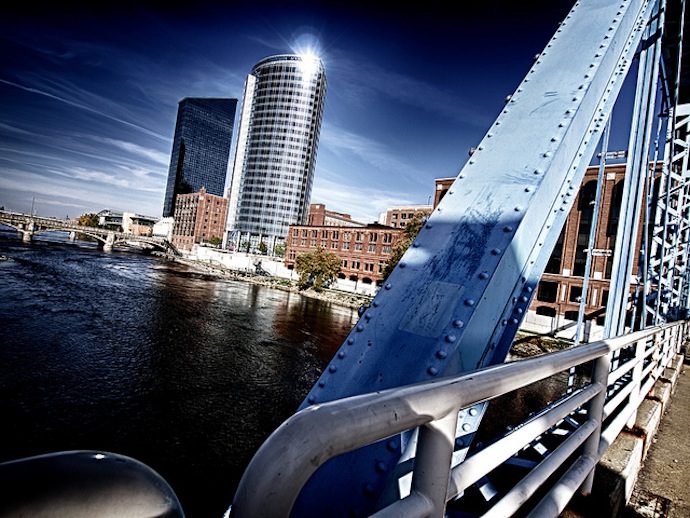 Metro area population: 1,016,603
Metro area population: 1,016,603
Metro area population rank: 52
Is a major-league team a ‘must-have’?
If you’re looking to move to one of these places, how much of a difference does it make that it lacks a major-league sports team? Actually, not a lot, according to quality-of-life researcher Bert Sperling at BestPlaces.
“A major-league team in your favorite sport is a plus, but it’s often far down the list of must-haves in a new place to live,” Sperling said.
Still, some people believe a city isn’t “world class” unless it hosts a major-league sports team, Sperling said. For die-hard sports fans, it boils down to a matter of pride, he said.
“It’s nice to have a winning team, but it can also a little embarrassing when the team is in a slump,” Sperling said.
Richard Fabri, assistant professor of sports management at Husson University in Bangor, ME, said that when he was growing up in Boston, major-league sports was a common bond for area residents.
“Sports have a very powerful effect on the development of one’s identity,” Fabri said. “People tend to incorporate a sports team into who they are and how they can relate to a specific region. The presence of a sports team creates civic pride and local prestige, and can unify the community as one.”
Photos courtesy of Flickr/Dan Gaken, Flickr/Keven Harris, Flickr/Thomas Hawk, Flickr/Jim Nix, Flickr/Bill Dickinson, Flickr/Royston Kane, Flickr/LouisvilleUSACE, Flickr/Ilirjan Rrumbullaku, Flickr/Alby Headrick, Flickr/Jay Smith Photography
